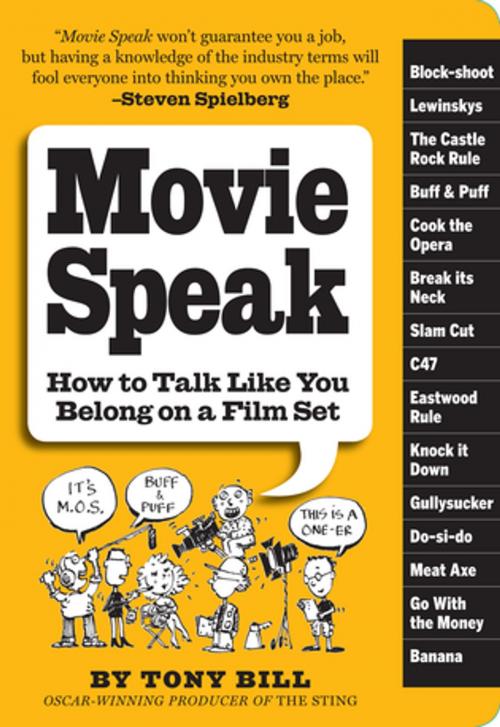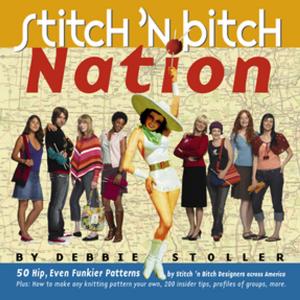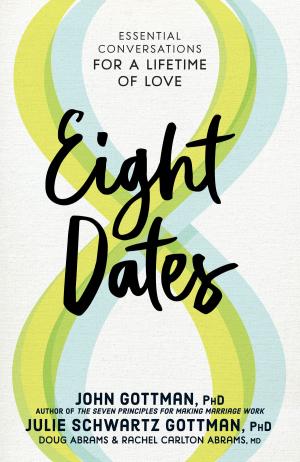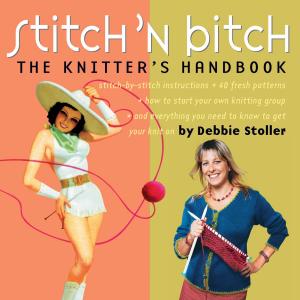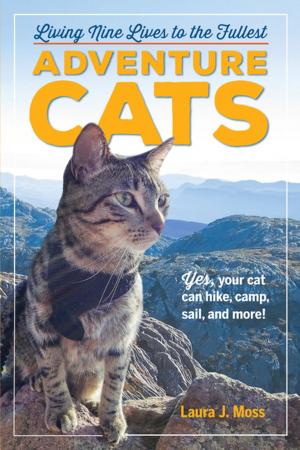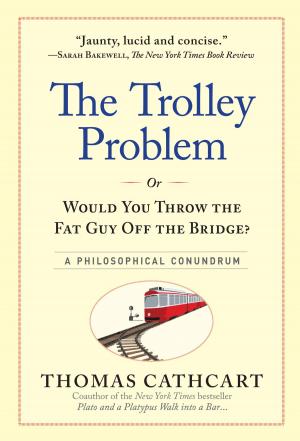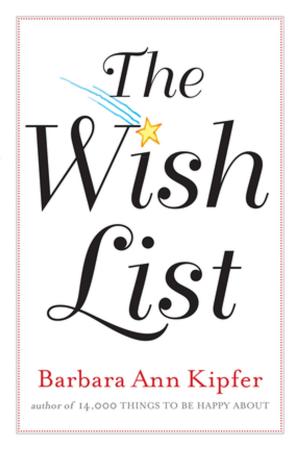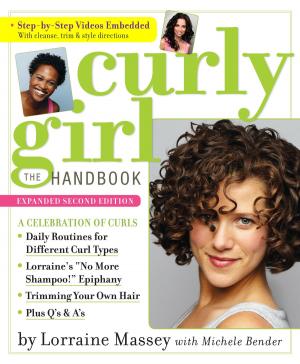Movie Speak
How to Talk Like You Belong on a Movie Set
Nonfiction, Entertainment, Film, Reference, Performing Arts| Author: | Tony Bill | ISBN: | 9780761156307 |
| Publisher: | Workman Publishing Company | Publication: | January 8, 2009 |
| Imprint: | Workman Publishing Company | Language: | English |
| Author: | Tony Bill |
| ISBN: | 9780761156307 |
| Publisher: | Workman Publishing Company |
| Publication: | January 8, 2009 |
| Imprint: | Workman Publishing Company |
| Language: | English |
When is "groucho" not a comedian? A "seagull" not a bird? A "banana" not a fruit and a "taco cart" not a food stand? What's the "Castle rock rule" and when should you call for a "buff & puff"? And why expect trouble when the A.D. (assistant director) knowingly mumbles " Gone With the Wind in the morning Dukes of Hazzard after lunch"? An oral tradition gathered and passed down for more than a hundred years the language of moviemaking like other secret lexicons is the only accepted way of communicating on a set—and is all but unknown to the outside world. Technical odd colorful mysterious the working language of movies sheds light not only on the hugely complex process of making a film but on the invisible hierarchies of a set the unspoken etiquette between cast and crew and the evolution of a process that's endlessly fascinating. Movie Speak is a book about language but through language also a book about what it’s really like to be a director or a producer or an actor or a crew member. An Oscarwinning producer ( The Sting ) actor (who worked with Spielberg Coppola and Sydney Pollock) and director ( Five Corners Flyboys My Bodyguard and more) Tony Bill has been on sets for more than 30 years and brings a writer's love of language to this collection of hundreds of film terms. A futz. A cowboy. A Brodkin and a double Brodkin (a.k.a. screamer). Streaks ’n tips a Lewinsky Green Acres rhubarb a peanut a Gary Coleman snot tape twin buttes manmaker (and why you can yell for one if needed for a grip but must whisper if it's for Tom Cruise)—these are the tricks of the trade.
When is "groucho" not a comedian? A "seagull" not a bird? A "banana" not a fruit and a "taco cart" not a food stand? What's the "Castle rock rule" and when should you call for a "buff & puff"? And why expect trouble when the A.D. (assistant director) knowingly mumbles " Gone With the Wind in the morning Dukes of Hazzard after lunch"? An oral tradition gathered and passed down for more than a hundred years the language of moviemaking like other secret lexicons is the only accepted way of communicating on a set—and is all but unknown to the outside world. Technical odd colorful mysterious the working language of movies sheds light not only on the hugely complex process of making a film but on the invisible hierarchies of a set the unspoken etiquette between cast and crew and the evolution of a process that's endlessly fascinating. Movie Speak is a book about language but through language also a book about what it’s really like to be a director or a producer or an actor or a crew member. An Oscarwinning producer ( The Sting ) actor (who worked with Spielberg Coppola and Sydney Pollock) and director ( Five Corners Flyboys My Bodyguard and more) Tony Bill has been on sets for more than 30 years and brings a writer's love of language to this collection of hundreds of film terms. A futz. A cowboy. A Brodkin and a double Brodkin (a.k.a. screamer). Streaks ’n tips a Lewinsky Green Acres rhubarb a peanut a Gary Coleman snot tape twin buttes manmaker (and why you can yell for one if needed for a grip but must whisper if it's for Tom Cruise)—these are the tricks of the trade.
